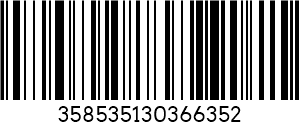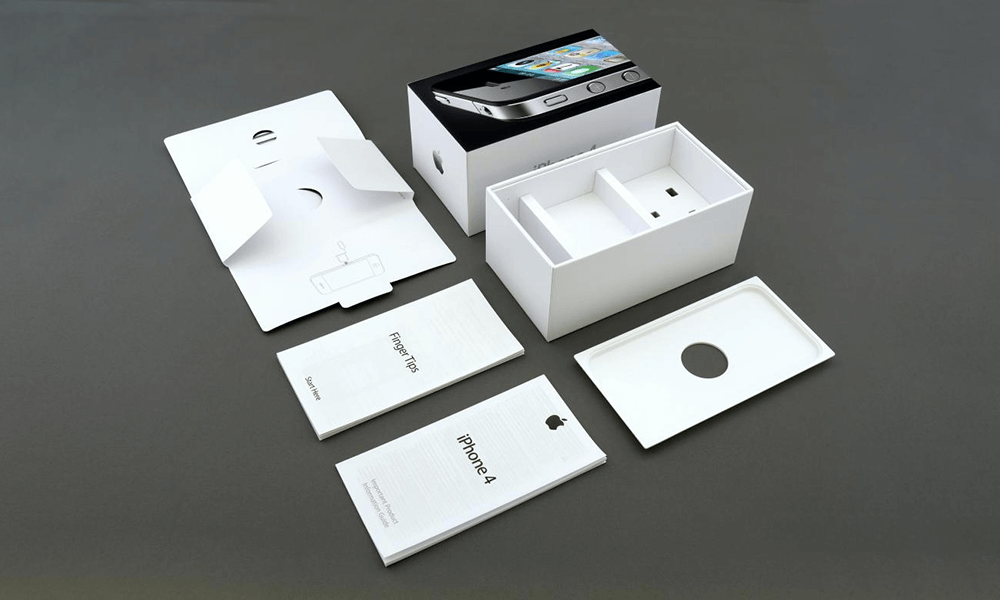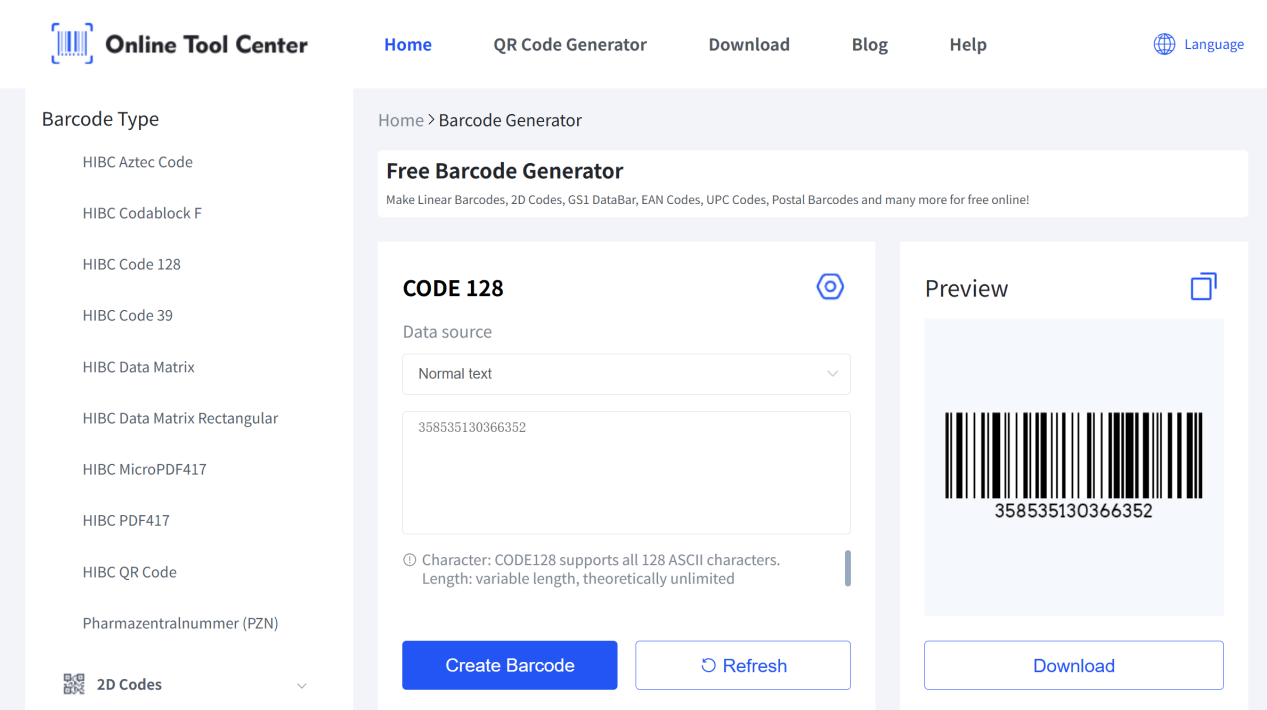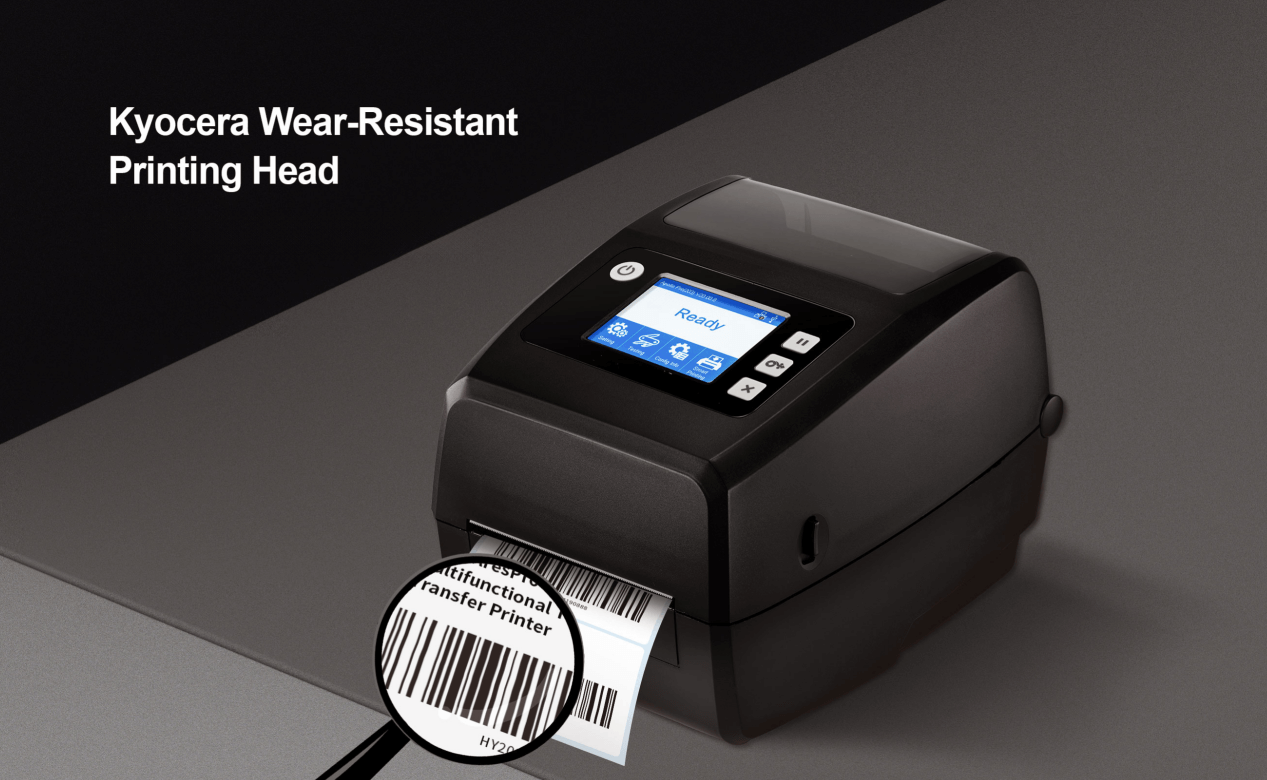Every mobile device has a unique IMEI number (International Mobile Equipment Identity) that is a 15-digit code. And manufacturers, retailers, and service providers often use it in the form of an IMEI barcode. This barcode makes it easier to scan, store, and verify devices in bulk. In this 2025 guide, we’ll explain what an IMEI barcode is, its purpose, format, and how to generate or scan it.
What is an IMEI Barcode?

An IMEI barcode is simply the barcode representation of the IMEI number assigned to every mobile phone or smart device. It identifies your device, like its fingerprint. Instead of typing a 15-digit code manually, scanning the barcode allows instant access to the same information.
To understand an IMEI barcode, it helps to know how the IMEI number itself is structured:
TAC (Type Allocation Code)
The first 8 digits identify the device model and manufacturer.
SNR (Serial Number)
The next 6 digits represent the individual device’s production number.
Check Digit
The last digit is calculated using the Luhn algorithm to validate the IMEI.
This structured format ensures that every mobile device worldwide can be uniquely identified. On many original phone boxes—like the iPhone—you’ll usually find the IMEI barcode on a label at the bottom right of the back.
It’s worth noting that most phones have a single IMEI barcode, but dual SIM devices feature two: IMEI 1 for SIM slot 1 and IMEI 2 for SIM slot 2.

What is the IMEI Barcode Format?
Depending on the application, IMEI barcodes usually come in two types:
1D barcodes
1D barcodes such as Code 128, commonly printed on packaging labels and readable by most barcode scanners.
2D barcodes
2D barcodes like QR Code and DataMatrix, which can store more data and are widely used in service centers, logistics, and electronics manufacturing.
Purpose of IMEI Barcode
The main purpose of an IMEI barcode is to make device identification faster, easier, and more accurate. It’s widely used across different industries:
- Manufacturing: Tracks devices through production lines and quality checks.
- Retail: Manages stock and prevents mix-ups during sales.
- Repair & Service Centers: Quickly record device IMEI without manual typing.
- Logistics & Warehousing: Enables efficient shipment tracking and anti-counterfeiting.
By converting the IMEI number into a barcode, businesses improve efficiency, cut down on errors, and stay compliant worldwide.
IMEI Number vs Barcode
It's easy to confuse the two, but they serve different purposes.
| Feature | IMEI Number | IMEI Barcode |
|---|---|---|
| Format | 15-digit numeric code | 1D (Code 128/GS1) or 2D (QR, DataMatrix) image |
| Use | Device identification | Easy scanning, automation, error reduction |
| Application | Displayed on phone, packaging, or system database | Printed on packaging, labels, logistics paperwork |
How to Generate an IMEI Barcode
Generate IMEI Barcode Online
There are many free online tools that let you convert an IMEI number into a barcode.

Our barcode generator is simple, free, and works for both personal and business use. It supports many common barcode types—like UPC/EAN, GS1 ISBN, HIBC, and postal codes—and lets you tweak settings and export in different formats. Easy to use, and ready in seconds.
Steps to convert IMEI to barcode:
This method is great for testing or one-off needs.
Not suitable for bulk or industrial use.
Professional Printing with Barcode Printers
For businesses handling large volumes of devices, a professional barcode label printer is the best solution.
- ● Supports bulk printing of IMEI barcodes directly from ERP or Excel.
- ● Ensures accuracy, durability, and compliance with industry standards.
- ● Works with multiple barcode formats (1D/2D).
How to Scan IMEI Barcodes
Using a Smartphone
● Apps (available on Android/iOS) can scan QR Codes or DataMatrix IMEI barcodes.
● Suitable for individuals and small businesses.
Using Handheld Barcode Scanners
- ● High-speed scanning for warehouses, factories, and service centers.
- ● Reads damaged or small barcodes accurately.
- ● Integrates with databases for instant device identification.
Common FAQs about IMEI Barcodes
Q1: Can I generate an IMEI barcode for free?
Yes, online barcode generators allow free creation, but they are best for small-scale use.
Q2: Which barcode type is best for IMEI numbers?
For packaging, Code 128 is standard. For service and logistics, QR or DataMatrix is more reliable.
Q3: How do I know if my IMEI barcode is valid?
By scanning the barcode: if it returns the correct 15-digit IMEI number, it’s valid.
Q4: What are IMEI 1 and IMEI 2 in dual SIM phones?
IMEI 1 and IMEI 2 are unique identifiers on dual SIM phones. IMEI 1 is tied to SIM slot 1, while IMEI 2 belongs to SIM slot 2, allowing carriers to recognize each line separately.
An IMEI barcode is essential for manufacturers, retailers, service providers, and logistics operators. From speeding up device registration to preventing errors and counterfeits, IMEI barcodes are a vital tool in the mobile industry.





